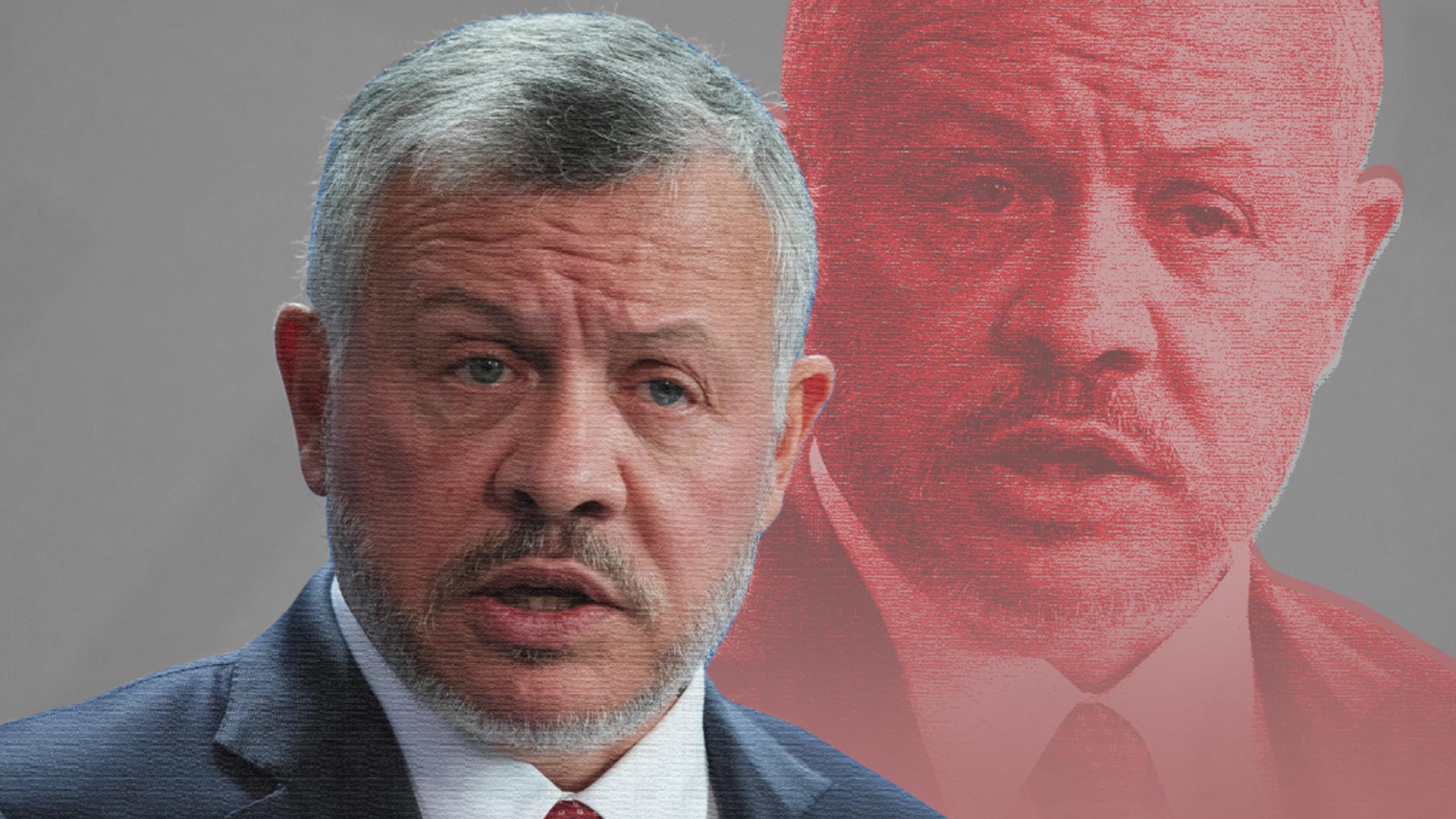Jordan’s King Abdullah II has raised questions about the extent of Syrian President Bashar al-Assad’s control over the country’s situation. During his address at the al-Monitor/Semafor summit in New York City, the king expressed his uncertainty regarding Assad’s complete responsibility for the ongoing issues. He stated, “I believe Bashar may not desire conflict with Jordan, but I am unsure about the extent of his control,” particularly in light of the “significant challenge” posed by drug and weapons smuggling into Jordan.
The monarch emphasized that Iran and certain members of the Syrian government were benefiting from the flourishing drug trade within the country. He remarked, “We are engaged daily in border operations to prevent the influx of large quantities of drugs, and this issue is being exploited by various parties, including members within the regime, as well as the Iranians and their proxies.”
King Abdullah also touched upon the ongoing protests in southern Syria, where people are demonstrating against dire economic conditions. He expressed concerns that this unrest could lead to a new wave of refugees entering Jordan and Lebanon, likening the situation to the early days of the Arab Spring when people protested due to economic hardships. He noted, “They are struggling to put food on their tables.”
However, King Abdullah emphasized that Jordan could not absorb additional Syrian refugees, as the country was already hosting around 1.3 million of them, partly due to declining international support.
The conversation also delved into Jordan’s neighbouring country, Israel, and its normalization agreements with the United Arab Emirates and Bahrain through the US-brokered Abraham Accords. King Abdullah stated that the success of this historic agreement, announced by the Trump administration in September 2020, hinges on finding a solution to the Palestinian issue.
Regarding the US push for normalization between Israel and Saudi Arabia, the king maintained that bypassing the Palestinian question would lead to failure. He stated, “The belief in the region that you can sidestep the Palestinian issue, deal with Arab countries, and then return to it is flawed. Saudi Arabia has its interests, Israel has its interests, and the US has its interests. What remains to be addressed is what the Palestinians stand to gain.”
Additionally, King Abdullah underscored the importance of engaging with Iraq to counter Iranian influence in the region. He urged the international community to strengthen its ties with Baghdad to safeguard the gains made in Iraq.
Beyond politics, King Abdullah called for greater economic prosperity in the Middle East. He highlighted increased Gulf investments in green technology and gas projects involving Lebanon, Israel, and Cyprus as potential avenues for enhancing prosperity, suggesting that economic well-being could be a catalyst for peace. He remarked, “I believe that the potential for economic prosperity can break down barriers. Ultimately, most people will choose peace if they can provide for their families.”
“Drug trafficking is an organized process”
In an interview on Wednesday on al-Mamlaka TV, the Jordanian Foreign Minister issued a statement regarding drug smuggling across the Syrian border, characterizing it as a highly organized operation carried out by skilled smugglers. He emphasized Jordan’s unwavering commitment to safeguarding its national security, stating firmly, “Jordan will not tolerate any compromise to its national security, and it will take all essential measures to ensure the protection of its security and interests.”
The Foreign Minister acknowledged the significant challenges posed by both the crisis in Syria and the issue of drug trafficking, highlighting them as substantial burdens. He praised the active presence of the Jordanian armed forces at the border, underscoring their dedicated role in addressing these challenges. He reiterated Jordan’s determination, stating unequivocally, “Jordan is resolute in preventing any threats to its national security and will staunchly prevent the entry of drugs and the ensuing disasters they may bring into our country.”
This article was translated and edited by The Syrian Observer. The Syrian Observer has not verified the content of this story. Responsibility for the information and views set out in this article lies entirely with the author.


